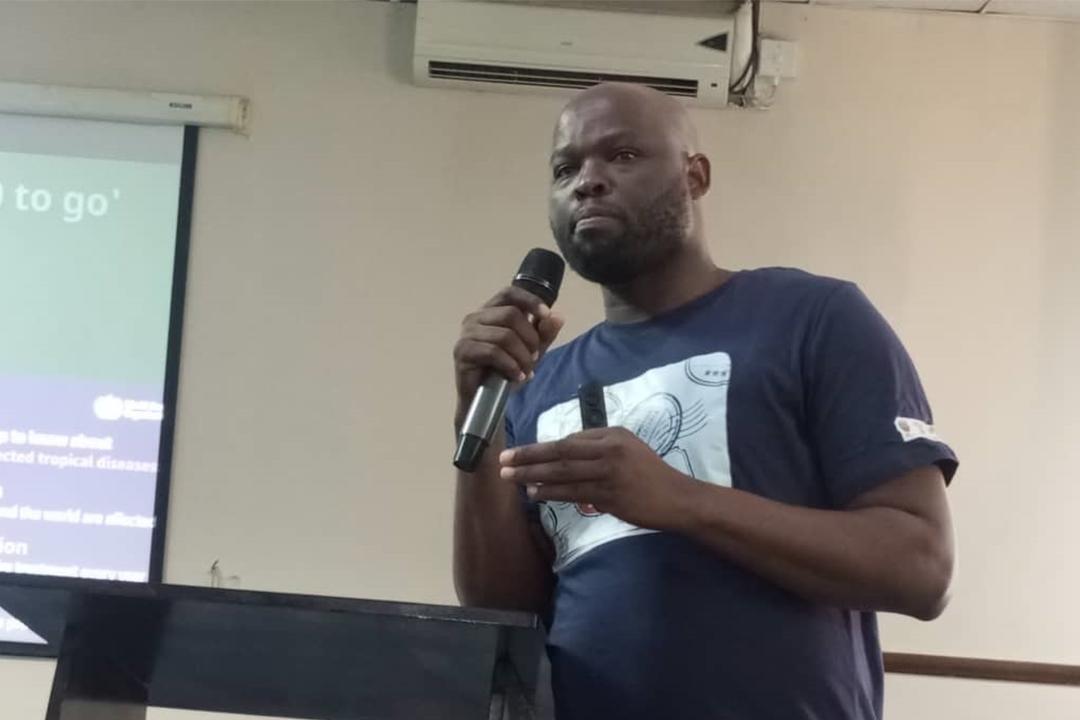Africa-Press – Eswatini. The war against malaria is entering its final rounds in Eswatini as 50 doctors from across the country armed themselves with new skills, strategies, and science during an intensive three-day Malaria Case Management Workshop held at The George Hotel.
Hosted by the Ministry of Health’s National Malaria Programme (NMP) in collaboration with the World Health Organization (WHO), the workshop focused not only on treatment and diagnosis but also on real-time case reporting, preventive therapies, and international best practices aligned with WHO’s latest malaria management guidelines.
Dr. Shepherd Machekera of WHO Eswatini took the podium to unpack the updated WHO Malaria Guidelines, which he said are now centred around three pillars: prevention, case management, and malaria elimination.
“We are not just reacting anymore,” Machekera explained. “These updates are proactive, strategic and, most importantly, adaptable to national contexts like Eswatini’s.”
Key elements from the WHO include strengthening vector control strategies, refining diagnosis and treatment for both uncomplicated and complicated malaria, and pushing for increased use of preventive chemotherapies and vaccines. Machekera emphasized that testing at points of entry and local response interventions would also be vital in the elimination phase.
Senior Program Officer Mbongiseni Mathobela of NMP added muscle to the message with a powerful session on Mefloquine Treatment Guidelines, emphasizing proper dosage and the importance of taking the medication with food and plenty of water.
“This is not textbook work,” he said. “These are tools our doctors will use every day to save lives.”
Dr. Jack Mukemba, a medical expert and presenter, focused on severe malaria and its management, urging his peers to maintain a high index of suspicion, particularly in children and pregnant women.
“Severe malaria can escalate in hours,” he warned. “We must act swiftly and accurately.” His lecture broke down the stages of the disease, stressing the use of artemisinin-based therapies and supportive care including hydration and monitoring of vital signs.
Participants also explored the Immediate Disease Notification System (IDNS), which allows doctors to report confirmed or suspected malaria cases in real-time using a toll-free line.
Dr. Amahle Masuku, an intern at Mbabane Government Hospital, praised the IDNS system as a practical tool in frontline response. “I learned so much, and now I feel more than ready to fight malaria with confidence,” she said.
For More News And Analysis About Eswatini Follow Africa-Press







